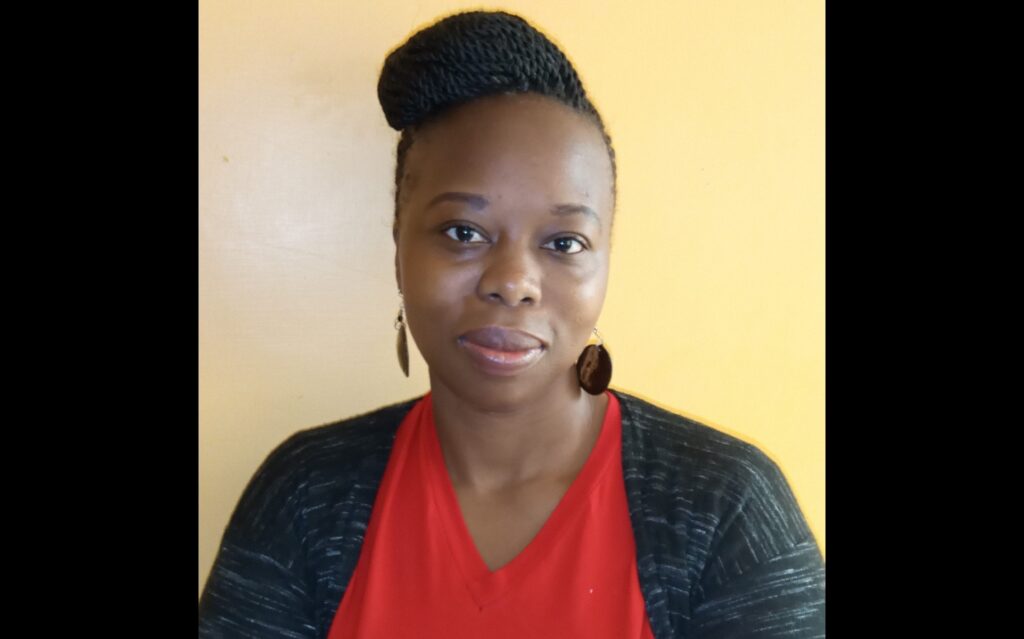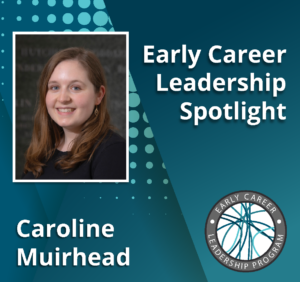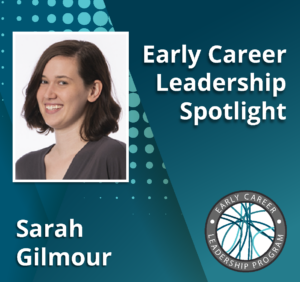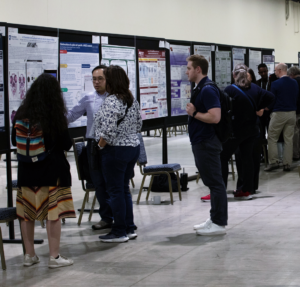We’re taking time to get to know the members of the GSA’s Early Career Scientist Committees. Join us to learn more about our early career scientist advocates.
Faith Onditi
Communication and Outreach Committee
Institute of Primate Research
Research Interest:
I am interested in advancing research in malaria during pregnancy through advocacy and translational research. The development of the baboon (Papio anubis)-Plasmodium knowlesi preclinical model of placental malaria is one of my major research accomplishments. This non-human primate model is useful for drug and vaccine development research, as well as for developing novel diagnostic tools for pregnancy-associated malaria.
As a PhD-trained scientist, you have many career options. What interests you the most?
As a PhD-trained scientist with expertise in parasitology, biochemistry, molecular biology, immunology, and bioethics, I have several career options, including research and teaching. I am interested in an opportunity that allows me to do both by applying biomedical research to improve livelihoods and health. Most PhD candidates choose a career path based on availability rather than personal motivation and interest. In Kenya, for example, based on what is readily available after the completion of the PhD program, one is more likely to pursue either a teaching or a research career. Rarely would they pursue both. Because the research ecosystem is evolving at such a rapid pace, new technologies, inventions, and innovations are constantly being developed all over the world, making it extremely difficult to provide hands-on training to young researchers if one is interested in a teaching career only. Similarly, it would be extremely unjust to our educational system if experienced researchers did not pass on their knowledge to the next generation through teaching. As a result, a career option that allows me to conduct high-quality multidisciplinary research while also providing opportunities for capacity-building and mentorship is most appealing to me. I would be especially excited to use genomics, proteomics, and synthetic biology approaches to improve human health through research. This provides an excellent opportunity for me to learn new skills while also mentoring the young researchers who are affiliated with me.
In addition to your research, how do you want to advance the scientific enterprise?
Knowledge is useful only when it is applied and passed from one individual to another. This is also true for scientific information, abilities, and skills. To achieve the Sustainable Development Goals (SDGs), research must be focused on solving human problems. Translational research is an excellent approach to achieving the SDGs. While publishing research findings in peer-reviewed journals is important, it is insufficient for solving human problems. It is therefore critical to translate research findings into solutions that will improve humanity’s health and wellbeing. In addition to my research, I hope to advance the scientific enterprise through policy development and advocacy of translational research, namely by serving as an ambassador and a voice for science-based solutions to our societal problems. Learning new skills and gaining hands-on experience in genomics, proteomics, and synthetic biology will provide additional tools for putting translational research in malaria and other infectious diseases into action. Being a senior research scientist at the Institute of Primate Research (IPR) in Kenya offers a unique opportunity to foster and implement activities related to advancing scientific enterprise not only within IPR but also at the national level. This unique position allows me to utilize non-human primates (NHPs) as pre-clinical models for conducting research on malaria parasites (Plasmodium spp.) that infect humans, rodents, and monkeys. Of particular interest is P. knowlesi, the fifth malaria-causing parasite in humans that also infects NHPs, such as baboons (Papio anubis). This opportunity also allows me to explore various scientific affiliations and investigations toward the discovery of novel malaria treatments (i.e., drug studies), diagnoses, and vaccines while providing leadership and mentorship to young researchers affiliated with the malaria program at IPR.
As a leader within the Genetics Society of America, what do you hope to accomplish?
I consider it a privilege to serve as a leader within GSA. I hope to glean from other researchers and learn how they integrate their research findings and translate them into solution-based outputs related to wellness and human health. This program also gives me a platform to share my ideas and research experiences with others, allowing them to learn from me as well. During my time as a GSA leader, I intend to network and form collaborations and partnerships with other researchers in the program in order to improve in my proposal writing and grant application skills. Furthermore, I hope to gain skills and tools that will allow me to lead my team with integrity and excellence. These skills and tools would also assist me in establishing a research ecosystem that conducts high-quality multidisciplinary research while also providing mentorship and capacity-building to advance translational research.
Previous leadership experience
- Team leader for the Malaria (2018–present) and the Synthetic Biology (2020–present) programs at the Institute of Primate Research
- Principal investigator for the 2021 International Genetically Engineered Machine (iGEM) Kenyan team, ABSI_Kenya
- Judge at the 2021 iGEM Jamboree
- Mentor for the 2022 iGEM teams
- Secretary of IPR’s Institutional Scientific Ethics Review Committee (ISERC, 2020–present)





